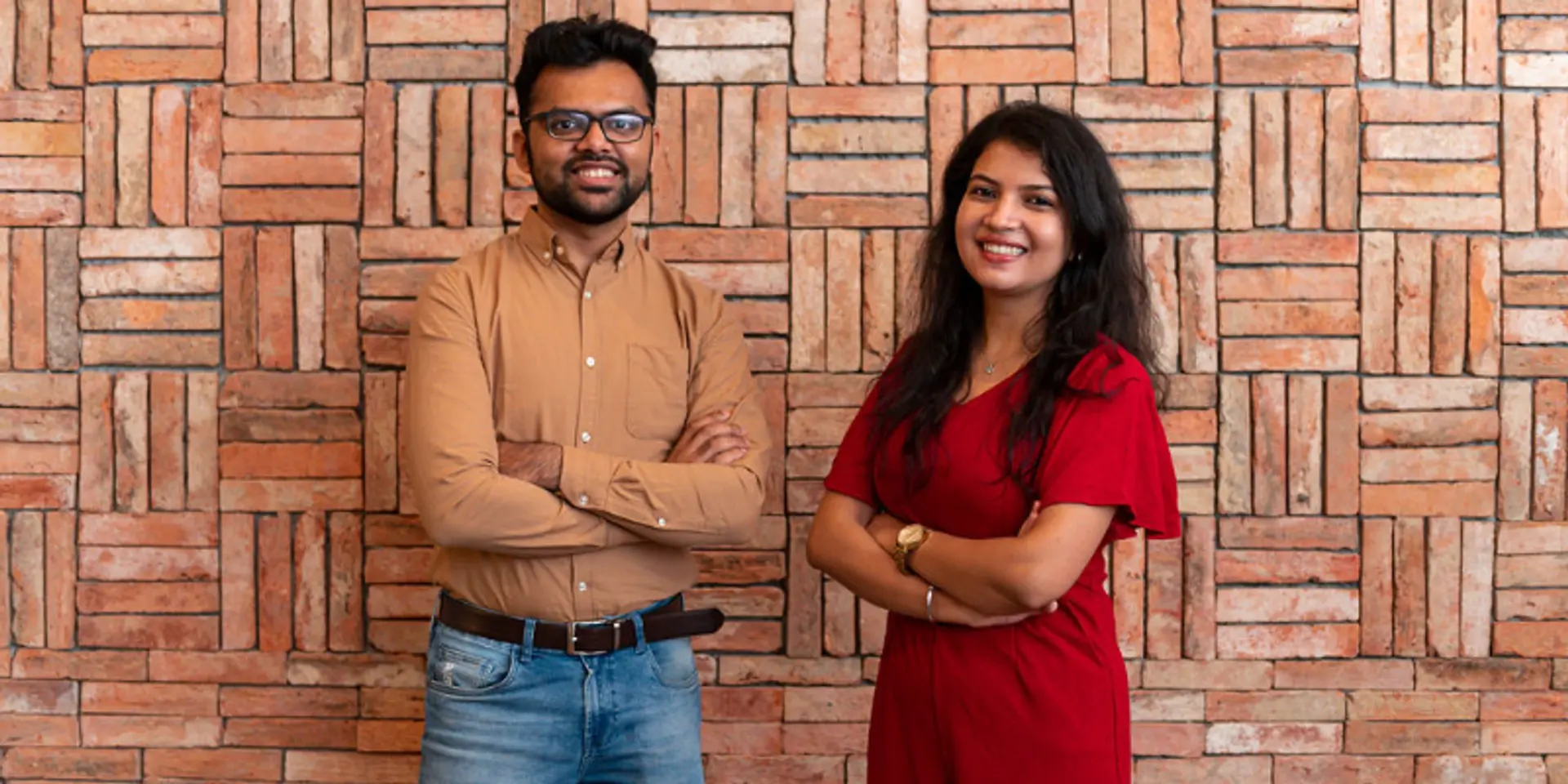Zealth.ai: a one-stop platform for real-time remote monitoring of COVID-19 patients
Singapore and Mumbai-based Zealth.ai’s core product CareShare is helping hospitals monitor COVID-19 patients in home isolation and get immediate support in case of emergency.
Earlier this week, India crossed Brazil to become the second worst-hit nation, reporting nearly 90,000 cases per day. The coronavirus pandemic is burdening an already crippled healthcare system of India, which is now struggling to provide proper treatment to the patients.
In a bid to strengthen the Indian healthcare sector, Singapore and Mumbai-based Zealth.ai is aiming to help COVID-19 patients in home isolation get immediate medical support in case of emergency.
Launched in February 2020 by Monika Mehta and Dheeraj Mundhra, the startup’s digital health platform is powered by artificial intelligence that provides a one-stop solution for real-time remote monitoring of COVID-19 patients, including vitals and patient-reported symptoms.
In fact, the platform also enables doctors to make a timely intervention in case of an emergency.
Before starting up, Monika worked as a clinical research lead at SingHealth and also served as a senior scientist in Chugai Pharma under the Roche group in Singapore. On the other hand, Dheeraj has an experience of six years in building multiple AI software for companies, ranging from American Express to startups like TinyOwl.
A PhD holder from the School of Medicine at the National University of Singapore (NUS), Monika met Dheeraj — a dual-degree holder in Mathematics and Computer Sciences from IIT-Kharagpur — at an accelerator programme in Singapore earlier this year.
Realising their common interest — the Indian healthcare system — the duo decided to launch Zealth.ai which would solve the problems in the sector. The healthtech startup graduated from an executive deep tech programme organised by Antler — a Singapore-based early-stage VC and tech startup accelerator.
Monika claims that Zealth.ai was founded with a vision to help monitor cancer patients. However, due to the COVID-19 pandemic, the model was pivoted to help the country fight the deadly virus.
“We started our journey with the passion to solve some of the basic health care problems in India. But when COVID-19 hit, we also had to retrospect, make lots of changes, and adapt to win in the new normal. We have had our moments of doubts, but one thing we never stopped was talking to potential users to understand how the pandemic has affected them, and how we could build a solution that could potentially help them, not just in the short term, but in the decades to come,” Monika Mehta, Co-founder and CEO, Zealth.ai tells YourStory.

Zealth.ai co-founders Monika Mehta and Dheeraj Mundhra met at an accelerator programme in Singapore earlier this year. Realising their common interest in the Indian healthcare sector, the duo launched the healthtech startup. [Image Credit: Zealth.ai]
CareShare: a patient monitoring solution
The startup’s core product CareShare is a remote monitoring platform that collects multiple data points from patients, including their health information from fitness devices, as well as patient-reported symptoms. The submitted data is analysed using AI and machine learning algorithms, which computes a risk score using the startup’s patent-pending algorithm.
CareShare, used for monitoring COVID-19 patients in home isolation and sharing the information with their doctors, can be accessed by patients and doctors through a mobile app, and by hospitals via a dashboard.
The platform monitors the body temperature and oxygen saturation of a COVID-19 patient. It also asks them to fill the details about other symptoms, including sore throat, cough, body ache, diarrhoea, loss of smell, and existing health conditions. In fact, it also takes note of the medications consumed by the patient, such as Paracetamol, to come up with better risk profiling.
Depending on their diagnosis, users need to update their health details once or twice a day on the platform.
“Patients receive personalised feedback, including instructions for taking care of mild symptoms for respiratory illness. The data also gets transferred in real-time to the hospital, alerting the doctors immediately if the patient is at a high risk of breakdown,” Monika explains.
During the pilot study, the startup found that about 80 percent of high-risk patients received early intervention from doctors because of constant monitoring, which prevented them from becoming critically ill.

CareShare monitors the body temperature and oxygen saturation of a COVID-19 patient. It also asks users to fill the details about other symptoms, including sore throat, cough, body ache among others. [ Image Credit: Google Play Store ]
Business and more
The healthtech startup operates on a B2B subscription model with the hospitals, where it charges on each patient basis. At present, Zealth.ai is working with five hospitals, including PGI, Regency Healthcare, Gujarat Critical Care, Apoorva Hospital, and Sanjeevan Hospital for COVID-19 Monitoring. It is also in discussion with six more hospitals.
While the co-founder declined to reveal the subscription details, she says that the pricing depends on the customisations needed by the patient.
Monika claims that the startup is gaining interest from investors who largely focus on healthtech space. In fact, Zealth.ai is looking to raise its seed round post-October this year after it achieves its initial targets.
As its short-term plan, the healthtech startup is focussing on helping the COVID-19 patients in home isolation, as well as the hospitals managing such patients. Moreover, it is also exploring to partner with the Ministry of Health and Family Welfare.
“With the exploding number of COVID-19 cases, our platform would provide a highly-efficient way of managing patients without the need for any additional manpower, and potentially saving lives with timely interventions,” Monika says, adding, “Our long-term plan is to keep innovating, and help patients suffering from other chronic diseases like cancer.”
The COVID-19 pandemic has accelerated digitisation in the healthcare sector and the use of smart machines. The fear of visiting a clinic or doctor has led to the rise of telemedicine services, remote monitoring, and online consultations.
“Many hospitals have their in-house teams for remote monitoring who call patients regularly to keep a track of their health, especially for COVID-19. Additionally, major healthcare startups like Practo, mFine, 1mg, and a few others in the telehealth and remote monitoring space can be counted as potential competitors.
“However, we believe in a collaborative approach. As startups, we all have the expertise that's unique to us. So rather than looking at other companies as competitors, we should try to build an ecosystem where we partner with each other and grow together,” Monika adds.
Edited by Suman Singh





